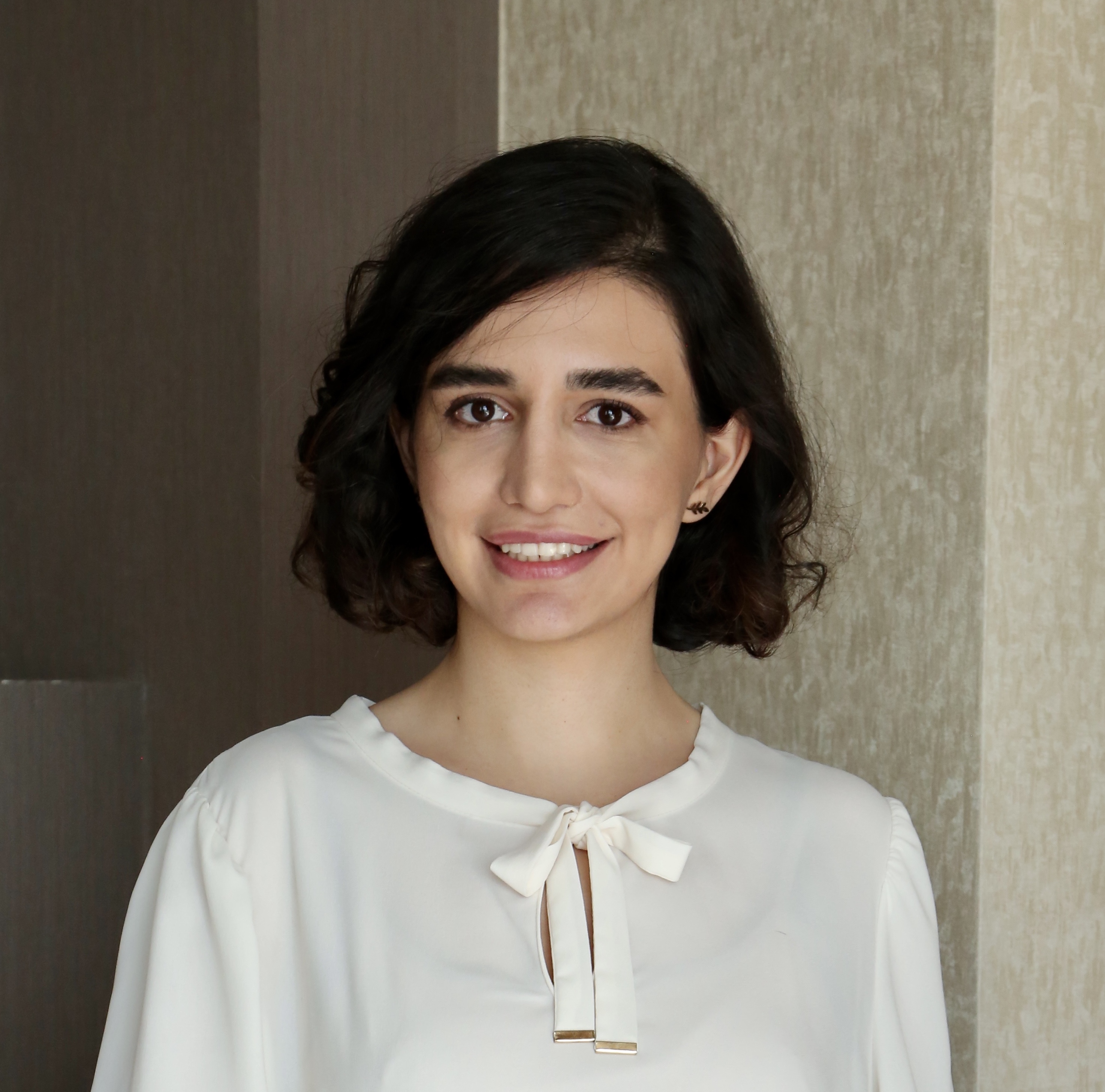Reyhaneh Nouri

Reyhaneh Nouri
Who am I?
Hello!
I am from Iran and received my Pharm.D. from Azad University, Tehran Medical Sciences branch. Pharmaceutical sciences’ computational applications sparked my interest in bioinformatics. Therefore, I decided to pursue a graduate degree in this field. Currently, I am a Ph.D. student in bioinformatics and computational biology at UNC Charlotte.
Before joining the Phyloinformatics Lab, I was a research assistant at Drs. Cynthia Gibas and Jessica Schlueter’s COVID-19 wastewater surveillance project. Now, I am interested in studying machine learning applications in One Health.
What am I working on?
Collagen is a structural protein found in animals’ extracellular matrix. It is a significant component of skin, bones, and connective tissues. Collagen has many applications, including medical devices, cosmetics, and food additives.
Our research is inspired by the ability of echinoderms, such as sea stars and sea urchins, to change the shape of their bodies. This is made possible by their ability to alter the structure of their collagen. We are developing a new technology that can be used to change the pliability of collagen. This can allow us to create new collagen-based biomaterials with more properties. These materials can be used to develop new medical devices, cosmetics, and food additives. Our work has the potential to revolutionize the way we use collagen. We can create new materials with a wide range of applications by making collagen more flexible and adaptable. This can lead to improvements in healthcare, beauty, and food production.
Awards
- Lawrence E. Mays Fellowship in Bioinformatics May 2025, UNC Charlotte.
- International Student Scholarship May 2025, UNC Charlotte.
- Thomas L. Reynolds Center for Graduate Life & Learning Fellowship Apr 2025, Center for Graduate Life & Learning, UNC Charlotte.
- Open Access Publication Award Oct 2024, Atkins Library, UNC Charlotte.
- Summer Research Fellowship May 2023, Graduate School, UNC Charlotte.
